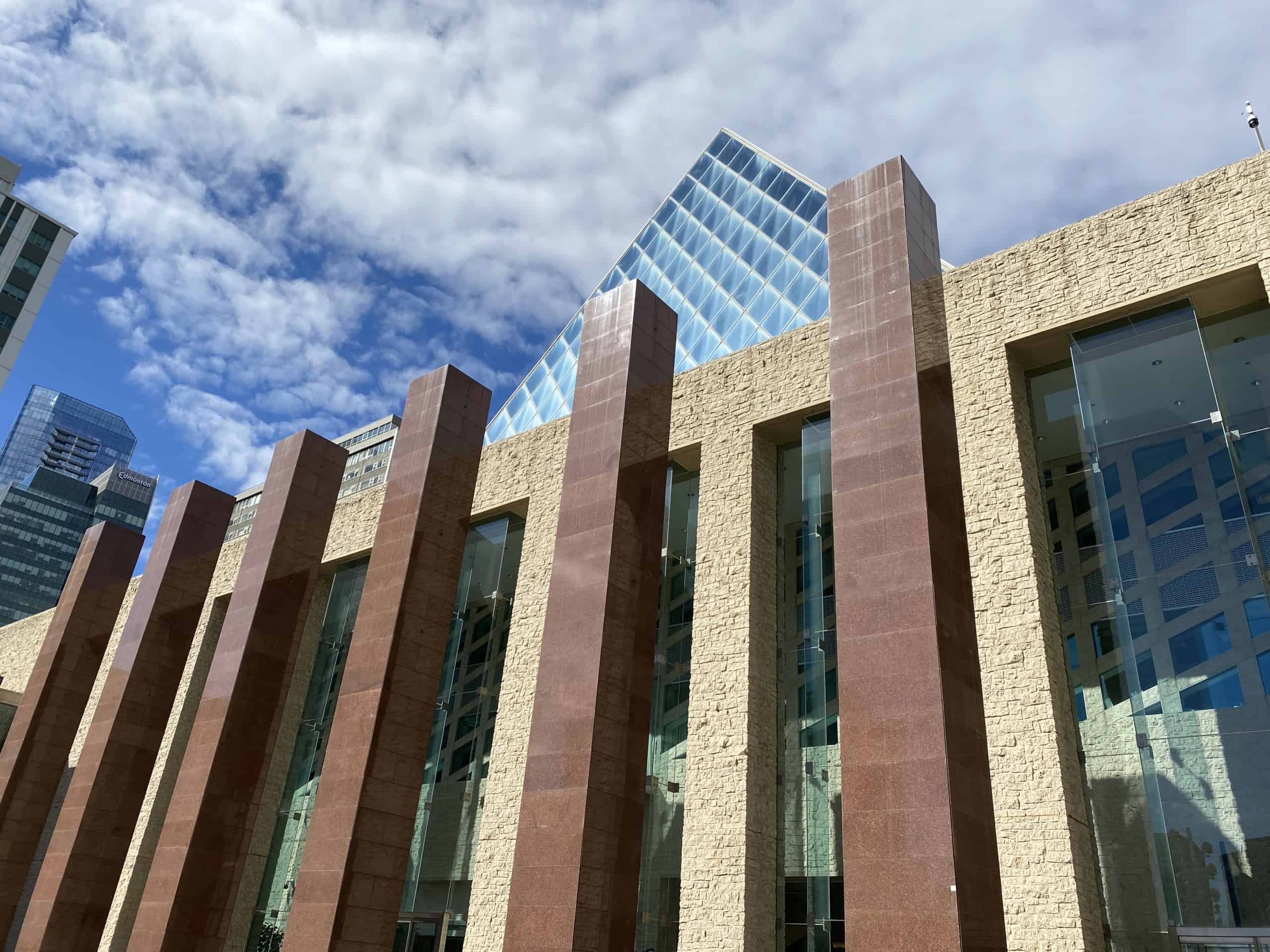The potential for vote splitting
Vote splitting has always been a topic of discussion in the federal election, but there is a similar potential for vote splitting in Ward O-day’min and Ward Métis this year.
Vote splitting occurs when votes are distributed among many similar candidates and increase the chance that a dissimilar candidate will win the most votes.
Dr. Chaldeans Mensah, an associate professor of political science at MacEwan University, sees a high potential for vote splitting, particularly in Ward O-day’min. “When there’s a clear ideological divide, so for example when you have a strong conservative leaning candidate… and then you try to challenge him or her, and on the progressive side, there are many contenders trying to succeed in that endeavour, that creates a problem because the progressive votes are going to be split amongst ‘x’ number of candidates.”
Vote splitting also becomes a possibility when candidates have similar platforms. “Many of these candidates [such as the ones in Ward O-day’min and Ward Métis…] have the same kind of community mindedness,” continues Mensah. “They want to affect change. This is going to be very difficult for the voter to really see through and try to support [one] particular candidate, so that is really [ripe] for vote splitting.”
Ward O-day’min has the added complexity of incumbent Tony Caterina. He already has the visibility and name recognition, says Mensah, which could work in his favour.
“Last election, the progressive candidates got nearly three times the votes that conservative Tony Caterina did,” says Rebecca Lippiatt, a photographer who is active in the community. “But they were split across several candidates, so he won.” Lippiatt says in Ward Métis, one of the progressive candidates suggested a community meeting to vote on one candidate to run instead of several, but the candidates chose not to participate. Caroline Matthews also has the backing of other Conservative government members (like Kerry Diotte) this year, and “those two factors will make it a high chance that the vote will be split.”
Ward Métis is slightly different because there is no incumbent. “I think this is a free for all race [in Ward Métis] and the premium is going to be on how well organized these candidates are,” Mensah adds.
“In the situation where there’s no incumbent, I think the voters have to do a much more detailed job in investigating who these candidates are,” says Mensah. “I think in that instance, community connection is going to be very, very important, plus experience is also going to count. If you have a candidate with experience with city affairs, that could also be an asset. But I think the ball is going to be in the court of the voters here.”
“[Ward Métis] has very impressive names,” continues Mensah, “people with city hall experience, people with local community engagement, so I think… [Ward Métis] is going to have a very effective representative after the votes are counted.”
The candidates for Ward O-day’min are Gino Akbari, Gabrielle Battiste, Adrian Bruff, Tony Caterina, Naima Haile, Adil Pirbhai, Anne Stevenson, and Joshua Wolchansky.
The candidates for Ward Métis are Rob Bernshaw, Abdulhakim Dalel, Liz John-West, Daniel Kornak, James Kosowan, Cori Longo, Caroline Matthews, Salar Melli, Ashley Salvador, and Steven Townsend.
Tune in to the virtual All Candidates Meetings hosted by the Rat Creek Press Facebook.com/RatCreekPress to learn more about your city councillor and mayoral candidates. The Ward O-day’min meeting will be on Sept. 15 from 7-9 p.m., Ward Métis meets on Sept. 16 from 7-9 p.m., and the mayoral candidates will meet on Sept. 13 from 7:30-9:30 p.m.
The election will be held on Oct. 18.







